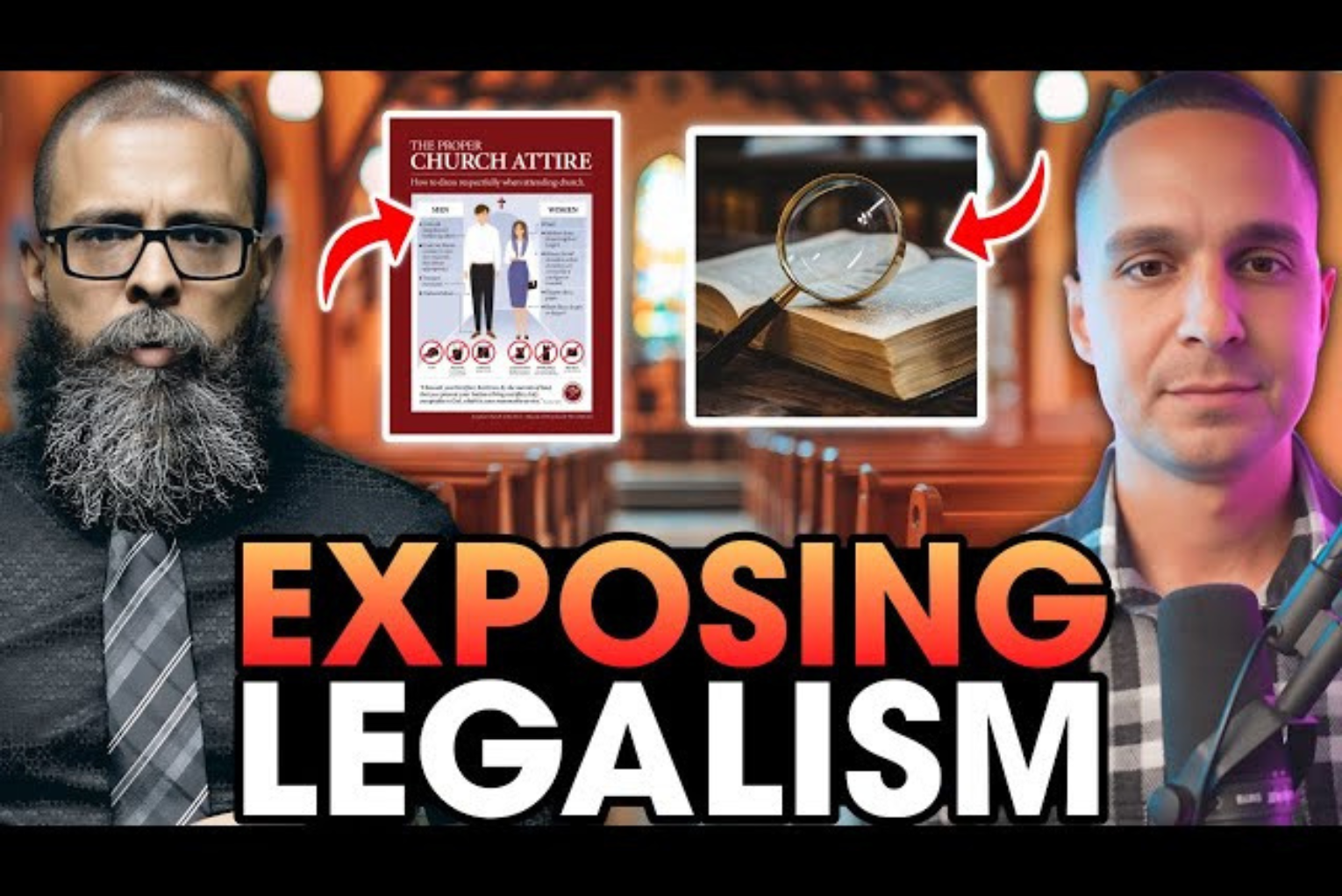Church hurt is real. I have friends who’ve been in counseling for years because they were so spiritually abused by pastors. I also know pastors who were treated horribly by deacons, elders or church members.
I know a pastor’s wife who battles clinical depression because of the way her husband was mistreated by their former church. But I also know a woman who was so hurt by a pastor that she left the faith.
Church hurt happens in all kinds of denominations and church networks. Baptists hurt each other, and so do Pentecostals; Calvinists can be cruel to each other, and so can charismatics. I don’t think one flavor of church has a corner on cruelty. Regardless of our doctrinal preferences, we are all capable of wounding each other in the name of the Lord.
The devil is certainly the ultimate hater, and he loves it when Christians hurt each other. But let’s not blame Satan for all the church hurt out there. The devil could go on a long vacation, and Christians would gladly do his work for him—because our sinful human nature is the root of betrayal, gossip, accusation, character assassination, angry outbursts, control, manipulation, domination and every other form of spiritual and emotional abuse.
Why is church hurt so destructive? Because it leads to bitterness, resentment and offense. If our enemy can convince us to be offended, he knows our souls will ultimately be poisoned with hate—and that we will spread that poison to others. The author of Hebrews warned us: “See to it that no one comes short of the grace of God; that no root of bitterness springing up causes trouble, and by it many be defiled” (Heb. 12:15).
There are 1,001 ways Christians can and will offend you at church. But your job is not to count the offenses; you must forgive every time. We are called to love each other “fervently” (1 Peter 1:22), and fervent love requires forgiveness. Yet we have become the generation of outrage; we are experts at being offended, and our loveless attitude squelches what God wants us to demonstrate.
The apostle John wrote: “The one who says that he is in the light and yet hates his brother or sister is in the darkness until now. The one who loves his brother and sister remains in the light, and there is nothing in him to cause stumbling” (1 John 2:9-10). In other words, you can’t say you love God if you hate His followers. If you hate the church, you are certainly not a lover of God.
Get your FREE CHARISMA NEWSLETTERS today! Stay up-to-date with current issues, Holy Spirit news, Christian teachings, Charisma videos & more!
Most Christians overlook the last chapter of Romans because it’s basically a long list of ancient names that are hard to pronounce. After Paul finishes his masterful teaching on grace and salvation, he sends warm greetings to his many friends in Romans 16.
He mentions Phoebe, Aquila, Epaenetus, Mary, Adronicas, Junia, Ampliatus, Urbanus and Prisca. He greets Stachys, Apelles, Herodion, Tryphena, Tryphosa, Persis and those “in the household of Aristobulus.” He says hello to Rufus, Asyncritus, Phlegon, Hermes, Patrobas, Hermas, Philologus, Julia, Nereus and Olympas. Paul seemed reluctant to leave anyone out of his list.
Paul refers to many of these people affectionately as “my beloved,” “my kinsman” or “a choice man.” They were not casual acquaintances. They were Paul’s close friends, and he carried them in his heart. He had been in prison with some of them. He missed them so much that he wept when he thought of them.
And after mentioning these 26 people, Paul reminds everyone to “greet one another with a holy kiss” (16:16). Paul’s love for people wasn’t just affectionate in a verbal sense. It was downright slobbery.
Paul began the book of Romans by telling his friends: “I long to see you…” (1:11a). Toward the end of the letter he says he looks forward to visiting them so that he can “find refreshing rest in your company” (15:32, NASB 1995). This miracle-working apostle reveals another side of himself; he’s gushy, mushy and huggable. He’s the quintessential people person.
This fervent love Paul showed his friends in Romans 16 is the essence of biblical Christianity. But this passionate love wasn’t limited to the Romans. He told the Philippians: “I long for you with all the affection of Christ Jesus,” (Phil. 1:8). And Paul wrote to the Thessalonians: “Having so fond an affection for you, we were well-pleased to impart to you … our own lives,” (1 Thess. 2:8).
Was there church hurt in the days of the early church? Of course there was! People are people. We are all deeply flawed and capable of abusing each other. There is plenty of evidence in the Bible that some Christians dishonored Paul, mistrusted him and even slandered him. But Paul’s response was to love, forgive and hold fast to his faith. He didn’t allow church hurt to infect his heart.
If you want to be spiritually mature, you must love people no matter how they have hurt you. Canceling the church isn’t an option. Closing your heart and living in isolation is immature and selfish. If your love has grown cold, forgive the people who hurt you. Ask God to remove the offense—and take the risk to love His people again. {eoa}
Join Charisma Magazine Online to follow everything the Holy Spirit is doing around the world!












































